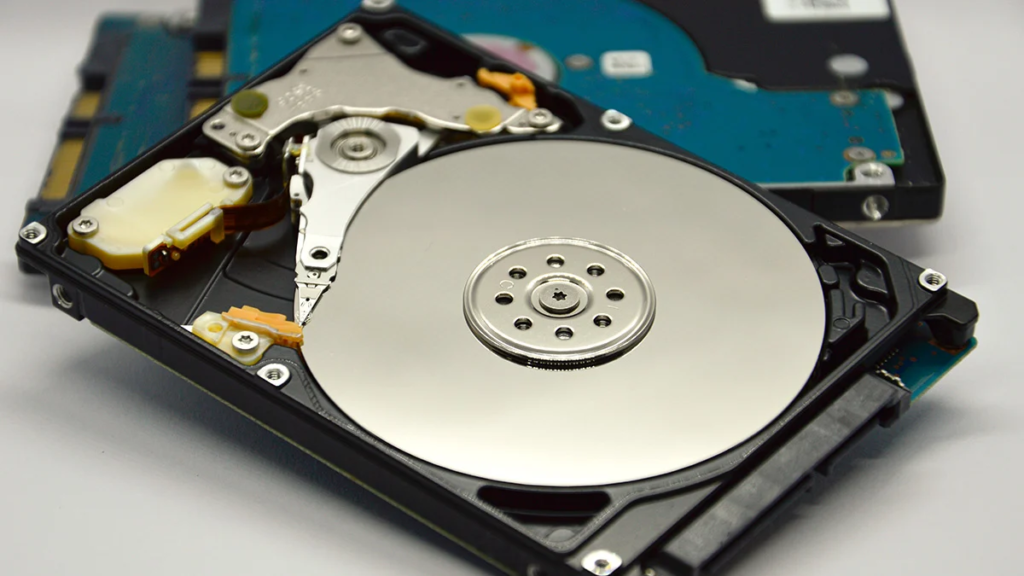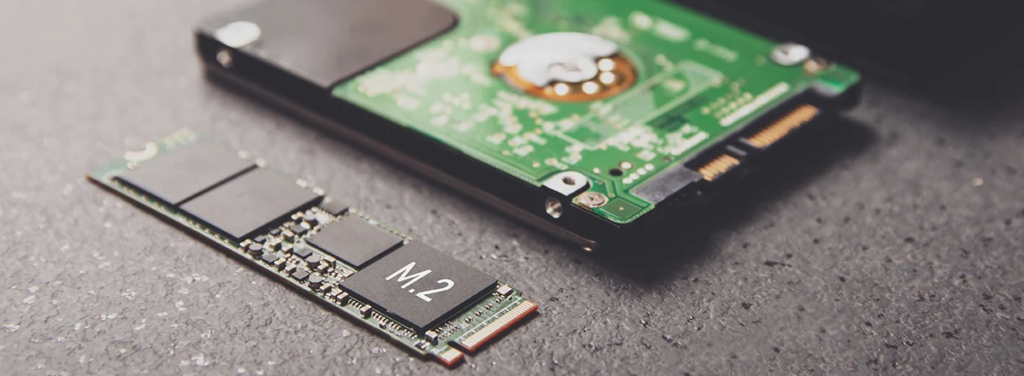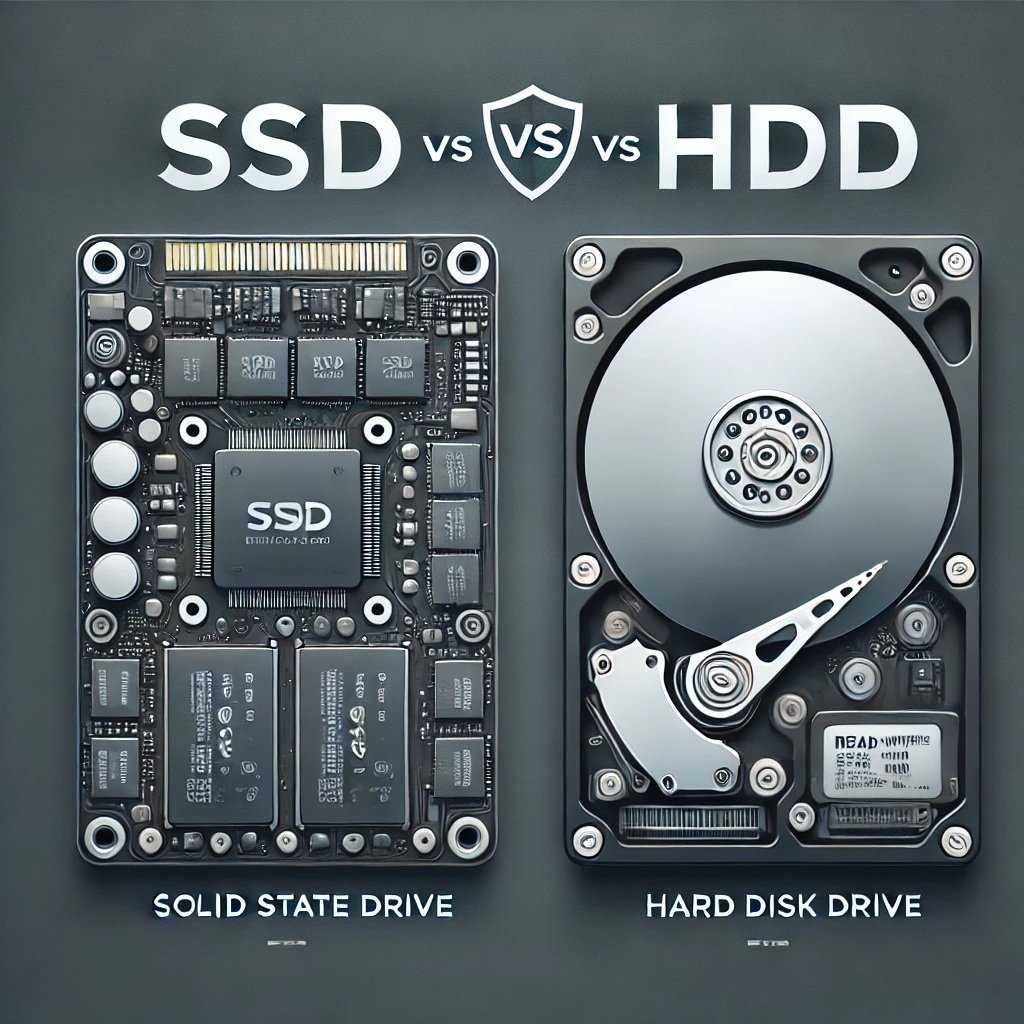Introduction
When it comes to data storage, two primary types of storage devices dominate the market-Hard Disk Drives (HDDs) and Solid State Drives (SSDs). It is an important consideration that one should understand the fundamental differences between an HDD and SSD to make an informed decision when upgrading or buying a new storage device. In this guide, we compare HDD versus SSD in terms of performance, durability, cost, and other essential factors.
What is a Hard Disk Drive (HDD)?
A hard disk drive (HDD) is an archaic type of storage device which works with the help of rotating magnetic platters to record data. It has been the most popular options for decades in desktops, laptops, and external storage devices.

Key Features of HDDs:
- Spinning Magnetic Disks: Data is written and read with the aid of mechanical arms with read/write heads.
- Slower: Access and transfer speeds of data are slower because of the mechanical movement of HDDs.
- Higher Storage Capacity: HDDs come in larger capacities ranging between 500GB-18TB.
- Lower Price: Whereas SSDs are more expensive for the same storage capacity, HDDs are cheaper.
What is a Solid-State Drive (SSD)?
SSD stands for solid state drives with the latest invention in the field of storage devices that rely on NAND flash memory for electronic data storage instead of mechanical parts. Thus, an SSD outsmarts HDD in speed, durability, and energy efficiency.

Key Features of SSDs:
- No Moving Parts: Flash memory uses to keep data so that the medium can become much more resistant to any physical damage.
- Lightning Speed: Faster boot time, quicker data access, and improved loading times for various applications are benefits provided by SSD.
- Lower Power Consumption: In comparison, lower energy utilization makes SSDs more suitable for laptops and mobile.
- Higher Cost per GB: For now, SSDs will charge much more than HDDs, but prices will continue to drop eventually.
HDD vs. SSD: A Detailed Comparison
| Feature | HDD | SSD |
|---|---|---|
| Speed | Slower (100-200 MB/s) | Faster (500 MB/s – 7000 MB/s) |
| Durability | Prone to damage (moving parts) | Highly durable (no moving parts) |
| Storage Capacity | Up to 18TB | Up to 8TB (higher-end models available) |
| Price | Cheaper per GB | More expensive per GB |
| Boot Time | Slower (~30 seconds) | Faster (~10 seconds) |
| Power Efficiency | Higher power consumption | Lower power consumption |
| Lifespan | Lower lifespan due to wear and tear | Longer lifespan with advanced NAND technology |
Performance Comparison: HDD vs. SSD
- Speed: HDDs are much slower than SSDs when it comes to read/write speed. This difference presents itself when the system boot time is suddenly reduced and lagging is minimized.
- Gaming & Applications: Games run smooth and applications load fast with an SSD.
- Data Transfer: Moving and copying huge files is done with SSDs at much faster than HDDs.

Durability and Reliability
- Hard drives are more prone to damage when dropped, shocked, or vibrated because they contain moving parts.
- Unlike HDDs, SSDs do not have any moving parts, and thus they can withstand physical trauma for longer life expectancy.
Cost Analysis: Are SSDs Worth It?
Even though SSDs are more expensive compared to HDDs, the price per GB is going down gradually. The price of 1TB SSDs has dropped massively and are now suitable for a majority of users.
Who Should Choose an HDD?
- Users searching for inexpensive but high-capacity storage.
- This is brilliant for backup drives and for bulk storage.
- This is applicable to archiving data and media collections.
Who Should Choose an SSD?
- Users desiring more energetic operations on their systems.
- When it comes to gamers, professionals, and content creators.
- Laptop users primarily seeking more efficient warranty support.

Conclusion: HDD or SSD – Which One Should You Choose?
An ideal option is an SSD when there is a need for speed, durability, and efficiency in usage. Meanwhile, an HDD is still an affordable option for those who seek massive storage capacities for a lower price. The combination that brings the best performance with enough storage is using an SSD for the operating system and an HDD for storage.
For high-performance SSDs and HDDs, get all the Jazz Cyber Shield products and solutions from their official Seagate dealer. We offer competitive prices for the latest storage devices!
Frequently Asked Questions (FAQs)

Q1: Can I use both HDD and SSD together?
Yes! Many users install an SSD for the operating system and an HDD for additional storage.
Q2: Which is better for gaming, HDD or SSD?
SSDs are significantly better for gaming due to faster load times and improved performance.
Q3: How long do HDDs and SSDs last?
HDDs typically last 3-5 years, while SSDs can last 5-10 years, depending on usage and quality.
For more tech-related articles and storage solutions, visit Jazz Cyber Shield!



